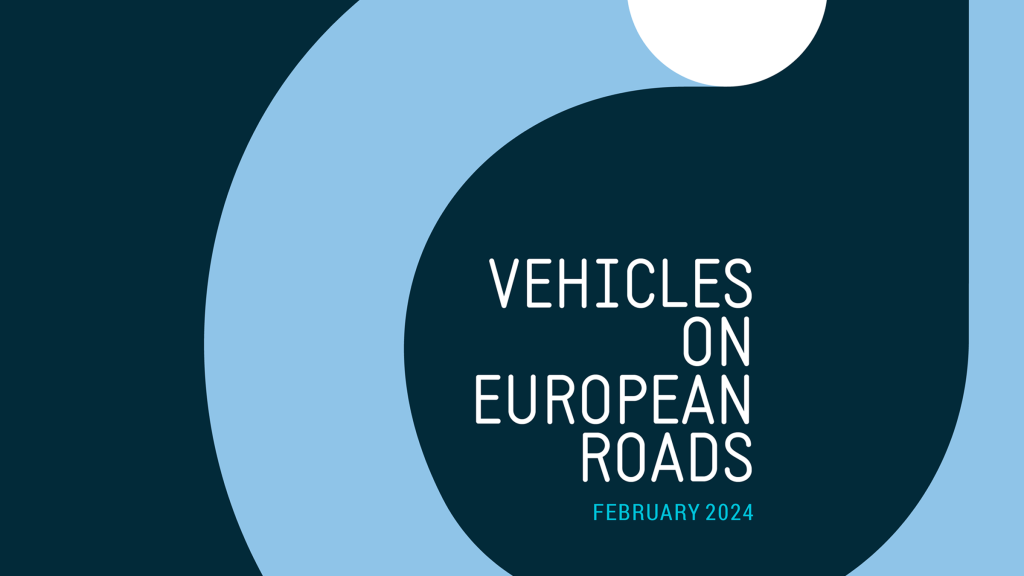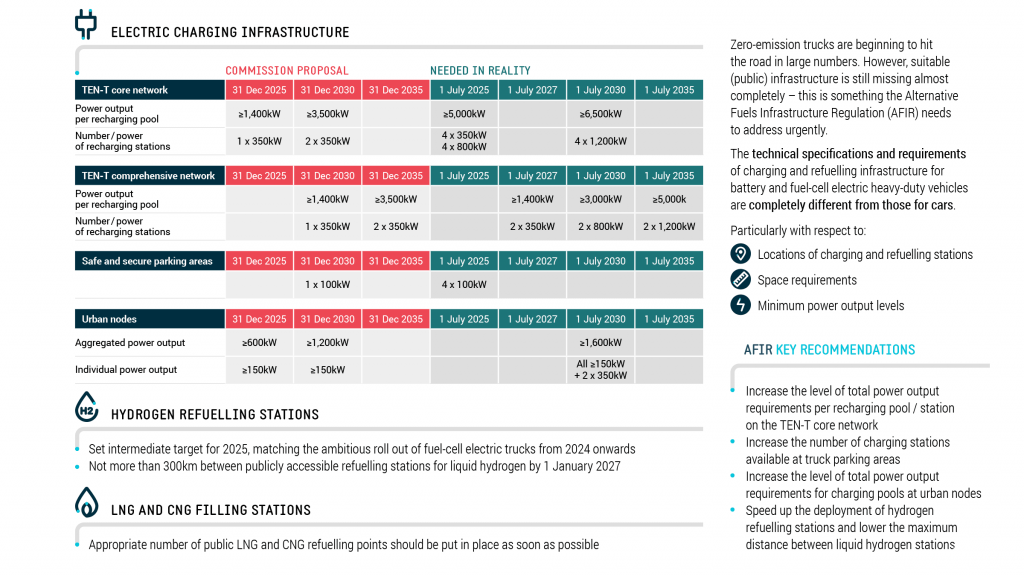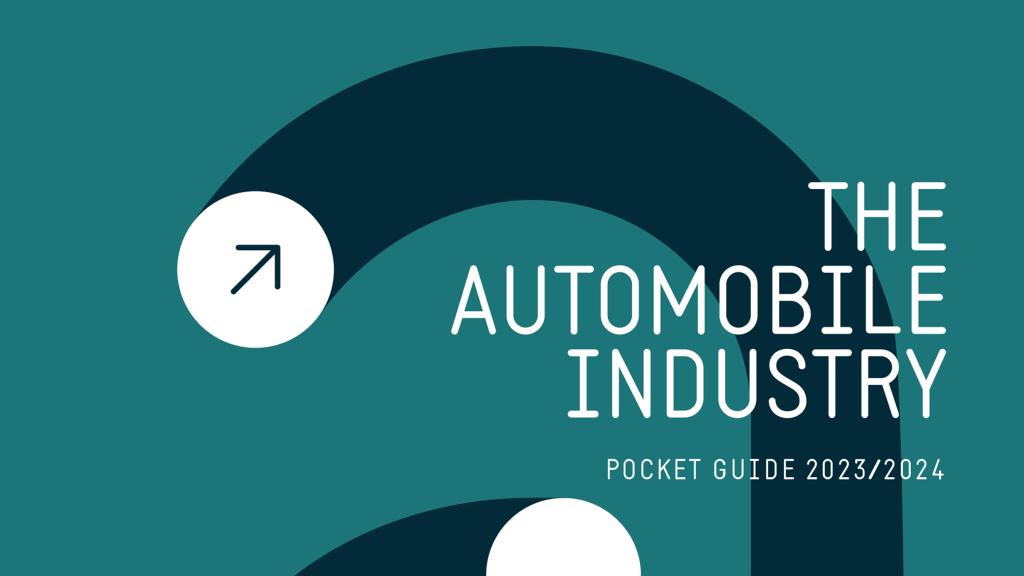Euro 7 deal passes major hurdle, strengthening Europe’s position as world leader in emission standards

Brussels, 13 March 2024 – Today’s Euro 7 European Parliament vote cements Europe’s place as the global pacesetter for emission standards for cars, vans, trucks, and buses.
“Today’s Euro 7 vote has put the focus where it matters most – on future-oriented challenges such as vehicle brake emissions for cars and vans and electric vehicle battery requirements,” stated Sigrid de Vries, Director General of the European Automobile Manufacturers’ Association (ACEA).
“But make no mistake: Euro 7 still tightens exhaust emissions and test procedures. In particular, truck and bus manufacturers will face significantly more stringent rules, as they already face an uphill climb to meet rapidly approaching 2030 decarbonisation targets in the absence of vital enabling conditions.”
The world-leading emission standards come at a critical moment as Europe’s vehicle industry shifts away from the combustion engine to electric powertrains. It also faces tougher competition from China and the US, increased costs of doing business in Europe, and a patchwork regulatory framework that inevitably undermines Europe’s competitiveness.
It is important to recall the substantial progress to date, with vehicle emissions slashed by 90% between the first Euro standard and the first version of Euro 6. There is much that vehicle manufacturers and policy makers can collectively be proud of until now. But to truly realise what Euro 7 sets out to achieve, policy makers must do more to replace older, more polluting vehicles on roads with newer models equipped with the most advanced emission technology. This is not only about incentives to boost market uptake of newer vehicles, but also establishing a holistic regulatory framework that keeps mobility affordable for all Europeans.
Decision makers will still need to decide on key elements through secondary legislation, and several important inconsistencies in the text still need to be corrected in an appropriate way. ACEA will continue working to ensure a realistic and proportionate Euro 7 that balances environmental concerns and competitiveness.
To truly realise what Euro 7 sets out to achieve, policy makers must do more to replace older, more polluting vehicles on roads with newer models equipped with the most advanced emission technology
About ACEA
- The European Automobile Manufacturers’ Association (ACEA) represents the 15 major Europe-based car, van, truck and bus makers: BMW Group, DAF Trucks, Daimler Truck, Ferrari, Ford of Europe, Honda Motor Europe, Hyundai Motor Europe, Iveco Group, JLR, Mercedes-Benz, Nissan, Renault Group, Toyota Motor Europe, Volkswagen Group, and Volvo Group
- Visit www.acea.auto for more information about ACEA, and follow us on http://www.twitter.com/ACEA_auto or http://www.linkedin.com/company/ACEA/
Contact:
- Cara McLaughlin, Communications Director, cm@acea.auto, +32 485 88 66 47
- Ben Kennard, Content Editor and Press Manager, bk@acea.auto, +32 485 88 66 44
About the EU automobile industry
- 12.9 million Europeans work in the automotive sector
- 8.3% of all manufacturing jobs in the EU
- €392.2 billion in tax revenue for European governments
- €101.9 billion trade surplus for the European Union
- Over 7% of EU GDP generated by the auto industry
- €59.1 billion in R&D spending annually, 31% of EU total



